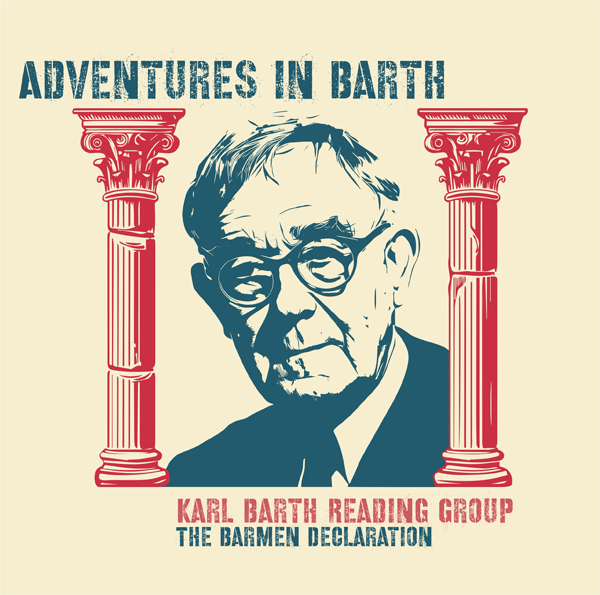Thinking Out Loud About DEI, Privilege and Related Topics
As I have mentioned, I was at an Association of Theological Schools conference last week. One of the keynote speakers was the head of “Diversity, Equity and Inclusion,” (DEI) for the American Association of Colleges and Universities. An important and influential post. She spoke about DEI work on campus, speaking often of “privilege.”
DEI, “diversity, equity and inclusion” programs, offices and officials have become a part of most NGO’s, universities and corporations as they respond to calls to combat racial and systemic injustice. The language of and focus on “privilege,” are a part of the DEI world and vocabulary.
The next day Bari Weiss of The Free Press published a piece calling for an end to DEI. Weiss is a journalist who is Jewish and lesbian. As her title suggests, she’s no fan of DEI. It is a pretty strident piece, but one that made some important points about what she sees as a kind of Trojan Horse.
To have a common reference point on a part of this, the dictionary definition of “privilege” is “a special right, advantage, or immunity granted or available to a particular person or group.” It comes from the latin word privileguim which means a law for just one person. Which would be the opposite of “the rule of law,” where the laws apply equally to everyone.
A great deal of the contemporary use of “privilege” is to speak of “white privilege.” Special rights, advantages that come to people in this country who are Caucasian. I have no doubt, given our history, that “white privilege” exists.
That said, the emphasis on privilege attached to race risks overlooking the privilege that attaches to class and to wealth, which seems to me even more of a problem in contemporary America after decades of the rich getting richer and everyone else staying the same or losing ground. We seem to assume that wealth signifies not only success, but virtue, even divine approval.
Okay, back to DEI and privilege . . . the difficulty with it is the totalizing bent. Instead of seeing privilege as one issue and diversity, greater equity and efforts toward inclusion as parts of a solution, this becomes the single explanatory framework. DEI then becomes a comprehensive world-view, which is reluctant to admit of any questions or doubts. Assent to the underlying assumptions and to their legitimacy is required as the only right, true or enlightened view. Doubters become heretics.
But beneath the rhetoric are assumptions that Weiss challenges with a couple of observations.
“[It is] a worldview that replaced basic ideas of good and evil with a new rubric: the powerless (good) and the powerful (bad).” Your moral status is determined by the group (race, class, nation) to which you belong.
This framework — powerless = good; powerful = bad — is a variation on a way of seeing the world that has become a default option for many who think of themselves as liberal or progressive. That is to see the world world as divided between the oppressors and the oppressed. That’s it. You are one or the other. You are with one or the other. Another version of this, given new prominence by the Israel – Hamas War is “colonizers and colonized.”
As a Christian, I am against divisions of humanity into the good and the bad people, groups or nations. As Vaclav Havel said, “the line between good and evil passes not between nations or races, but through the heart of every human being.” Or as it is put in the New Testament, “All have sinned and all have fallen short of the glory of God.” or
One difficulty of the binary of oppressor and oppressed, or privileged and under-privileged, is that it negates a place for or valuing of effort or merit. Weiss again: “People were to be given authority in this new order not in recognition of their gifts, hard work, accomplishments, or contributions to society, but in inverse proportion to the disadvantages their group had suffered, as defined by radical ideologues.”
As a Jew in the wake of October 7 and a hideous new wave of global anti-semitism, Weiss makes the further point that one place this can go is to demonizing high-achievers or excellence, and encouraging a mentality of grievance.
“For Jews there are obvious and glaring dangers in a worldview that measures fairness by equality of outcome rather than opportunity. If underrepresentation is the inevitable outcome of systemic bias, then overrepresentation—and Jews are two percent of the American population—suggests not talent or hard work, but unearned privilege. This conspiratorial conclusion is not that far removed from the hateful portrait of a small group of Jews divvying up the ill-gotten spoils of an exploited world.
“It isn’t only Jews who suffer from the suggestion that merit and excellence are dirty words. It is strivers of every race, ethnicity, and class. That is why Asian American success, for example, is suspicious. The percentages are off. The scores are too high. Who did you steal all that success from?”
Increasingly, Asian-Americans, for one, are pushing back on DEI programs that negate effort and achievement, and do to Asian-Americans what has long been done to Jews, that is put a quota on their presence in elite institutions, like Harvard.
On the face of it “diversity,” “equity” and “inclusion” are all good things. And the awareness of privilege is not just important but axiomatic for people of decency and good faith. That said, when DEI and the language of privilege become an ideology requiring creedal assent, they betray their own cause and mirror the prejudices they would undo.
![Anthony B. Robinson [logo]](https://www.anthonybrobinson.com/wp-content/themes/anthonybrobinson/images/logo.png)
![Anthony B. Robinson [logo]](https://www.anthonybrobinson.com/wp-content/themes/anthonybrobinson/images/logo-print.png)
